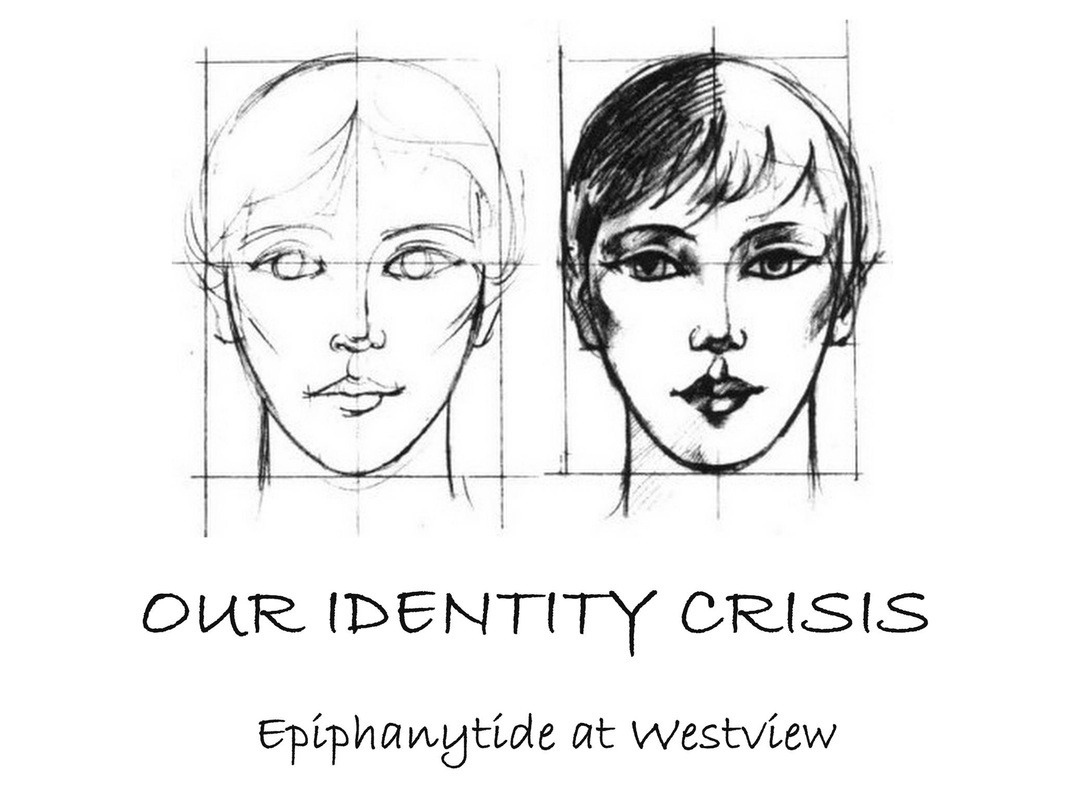Our theme for this season has been “Our Identity Crisis”. When the three wise men came to visit Jesus, it was a symbol of how Jesus came for everyone. He was not the Messiah, or the saviour for just the Jews, he was for all of us. This idea, that Jesus is for everyone, was something that caused the Jewish community to have to rethink what it meant to be a Jew. If we are no longer “the chosen ones”, who are we? If Jesus is not JUST for us, are we still special? What is our role in the world? What does God think of us? Jesus coming for all people was an event that caused the Jews to question who they were and forced them to redefine their identity. Their answer to the question “who am I” had to change.
At the same time, another crisis was happening. Anyone who lived in the vicinity of a Jewish family but wasn’t Jewish themselves probably knew that this was a group of people who saw themselves as set-apart. They saw the entire Old Testament in the Bible as the story of how they are The Chosen Ones, and how all of the “gentiles” or anyone who was not born into their group, was NOT chosen by God. This was the way it had been for generations. So when Jesus came and said that he came for EVERYONE, those who used to be OUTSIDERS, where now a part of the group! Those who had always been told there were left out in the cold, were now welcome to come on in. Jesus coming caused them to change the way they saw themselves. When they encountered his message, they were forced to ask themselves “who am I” and there was an opportunity to give a new answer.
In different ways we have been talking about this theme of identity for the past few weeks. We’ve been looking at different examples of how something can come along in your life and force you to change how your see yourself.
- Caleb talked about, among other things, the story of Jacob and Esau. Their father Isaac was to give the oldest son, Esau a blessing, giving him power, wealth, land and a big family. The younger son, Jacob, tricked their father Isaac into giving HIM the blessing instead of Esau. You can imagine the identity crisis that Esau must have had! HE was supposed to receive the blessing and be the father of an entire nation. This event, where his twin brother stole HIS future and destiny, must have driven him to reconsider who he thought he was. And the same goes for Jacob. Once he had the blessing, he had to struggle with his identity in a literal way – the story talks about Jacob spending an entire night wrestling with a man who then gave him a new name. This is a clear story of changing identity. Stealing that blessing caused Jacob to literally CHANGE HIS NAME.
- Dad, can you tell us a little bit about how your message connected with the idea of an identity crisis?
- Rachel talked about unity and diversity and how we are all different parts of the same body. Even though we are all different, we are all part of the same body and our differences work together to make something amazing. Being a part of a meaningful community, like the Centre, or Westview in general, can cause you to question who you are and change how you see yourself. Before coming into a community, or joining group, or becoming part of a family that loves you, you might have thought that you weren’t valuable, that you weren’t needed and that you didn’t have anything important to contribute to the world. But as Rachel explained, each part, the ear, the eye, the elbow, the shin. Whatever you are, the role you play is essential and it is really good that you are not the same as all the other parts of this community, this body. This might be a major shift in how you see yourself. This may cause you to ask yourself “who am I” and your answer might be different than it was before.
So it is that type of experience that we want to talk about this morning with this panel. I’m going to ask them a few questions about a time in their own life when they experienced a shift in their identity. As they answer, think back to the messages we’ve heard over the past few weeks and think about your own life and see what kind of connections you can draw between them. I’m hoping we’ll have time after words to discuss this as a group. Here are the questions I’m going to ask:
1. Give us a brief description of a time in your life when you experienced an identity crisis. That is, an intense transition when something pushed you to ask yourself who you are and then make a change in response to that something.
2. What defined you BEFORE the identity crisis? How was it good?
3. What challenged your identity? What made you feel like you could no longer hold on to who you thought you were? What made you ask “who am I”?
4. What new identity came out of this transition, this crisis?


 RSS Feed
RSS Feed

